

2018-03-13 07:34:00 Tue ET
technology social safety nets education infrastructure health insurance health care medical care medication vaccine social security pension deposit insurance
From crony capitalism to state capitalism, what economic policy lessons can we learn from President Putin's current reign in Russia? In the 15 years of President Vladimir Putin's rule, Russia has increased its state control over economic growth that exceeds the average economic growth rate in the immediate post-communist era. With 1.5% meager economic growth, 15% inflation, and 6% unemployment, the Russian government concentrates both political and economic power in Putin's hands. This power concentration leads to a highly assertive foreign policy.
Putin uses energy as a diplomatic instrument, and abundant revenue streams from extractive oil industries obfuscate the core need for structural economic reforms in Russia. In recent years, U.S.-driven western countries impose economic sanctions on Russia and have brought about economic stagnation there. Hence, the Russian economy continues to struggle with few visible traces of new economic growth. As Europe struggles with its own economic projections due to its own economic model deficiencies, Russia shows no signs of diverting from core state capitalism without substantive evidence of a more sustainable economic model. In reality, only better political competition can induce the Putin administration to change course.
However, the current communist political landscape cannot allow for this political competition to flourish in practice.
If any of our AYA Analytica financial health memos (FHM), blog posts, ebooks, newsletters, and notifications etc, or any other form of online content curation, involves potential copyright concerns, please feel free to contact us at service@ayafintech.network so that we can remove relevant content in response to any such request within a reasonable time frame.
2018-12-07 11:35:00 Friday ET
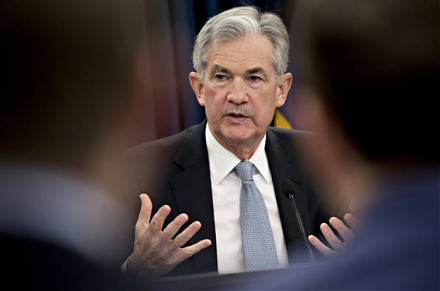
Fed Chair Jerome Powell hints slower interest rate increases because the current rate is just below the neutral threshold. NYSE and NASDAQ share prices rebo
2023-02-28 10:27:00 Tuesday ET

Basic income reforms can contribute to better health care, public infrastructure, education, technology, and residential protection. Philippe Van Parijs
2019-08-05 13:30:00 Monday ET
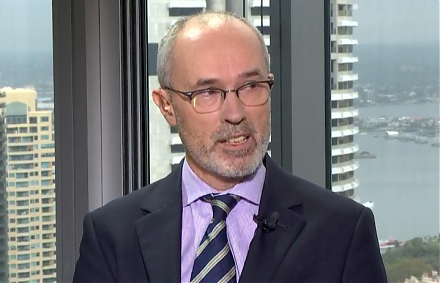
China continues to sell U.S. Treasury bonds amid Sino-U.S. trade truce uncertainty. In mid-2019, China reduces its U.S. Treasury bond positions by $20.5 bil
2018-11-23 09:39:00 Friday ET
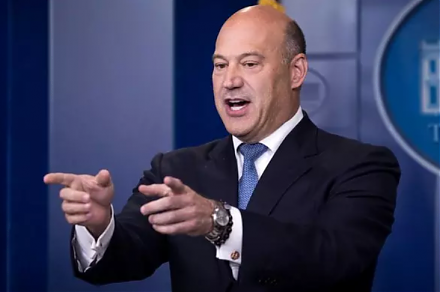
Former White House chief economic advisor Gary Cohn points out that there is no instant cure for the Sino-U.S. trade dilemma. After the U.S. midterm electio
2019-09-19 15:30:00 Thursday ET
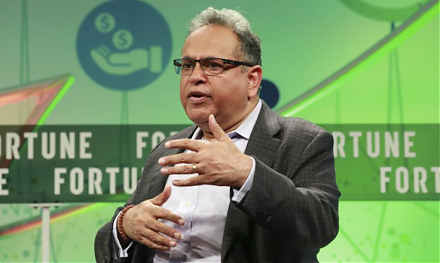
U.S. yield curve inversion can be a sign but not a root cause of the next economic recession. Treasury yield curve inversion helps predict each of the U.S.
2019-08-14 10:31:00 Wednesday ET
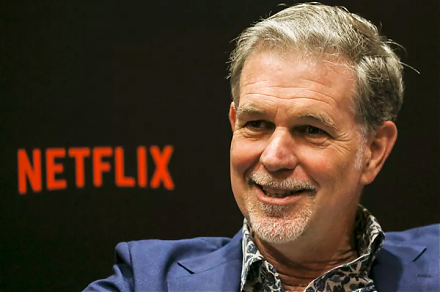
Netflix suffers its first major loss of U.S. subscribers due to the recent price hikes. The company adds only 2.7 million new subscribers in 2019Q2 in stark